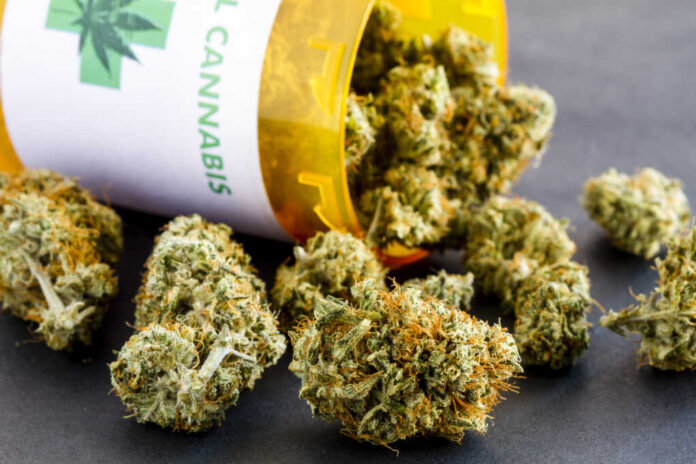
Cannabis use among older Americans has surged nearly 46% in just two years, raising urgent concerns among health experts about the drug’s compatibility with aging bodies and chronic conditions.
At a Glance
- Cannabis use among U.S. adults aged 65+ rose from 4.8% in 2021 to 7% in 2023.
- Usage is higher among women, college graduates, and those earning over $75,000.
- Older adults with chronic illnesses like hypertension and diabetes are increasingly using cannabis.
- Health risks include cardiovascular events, cognitive decline, and dangerous drug interactions.
- Cannabis-related ER visits among seniors have increased nearly 27-fold since 2008.
The Green Wave Among Seniors
A recent study published in JAMA Internal Medicine revealed that 7% of Americans aged 65 and older reported using cannabis in the past month in 2023, up from 4.8% in 2021—a dramatic 46% rise, according to researchers at UC San Diego and NYU. The uptick is most significant among women, college-educated individuals, and those with higher incomes.
Notably, older adults suffering from chronic conditions such as hypertension, diabetes, and COPD are turning to cannabis, possibly for pain relief or sleep enhancement, as reported by the Philly Voice.
This trend parallels expanding legalization efforts: medical marijuana is now permitted in 39 states and Washington D.C., while 24 states allow recreational use. As accessibility grows, so too does experimentation among demographics once considered unlikely adopters.
Watch a report: Growing numbers of baby boomers turn to cannabis.
Health Risks and Medical Concerns
Despite perceived benefits, healthcare providers warn that cannabis use in older populations carries considerable risks. Geriatrician Dr. Alison Moore underscores the dangers cannabis poses to the lungs, heart, and brain, especially when interacting with existing medications. Her insights were shared in a feature by the American Medical Association.
Key concerns include elevated heart rate and blood pressure—both precursors to strokes or cardiac episodes—as well as worsened cognitive function. Furthermore, edibles pose a particular hazard due to delayed onset, which may prompt accidental overconsumption. This risk is compounded in older adults managing multiple prescriptions, as outlined in the Wikipedia entry on cannabis edibles.
Recent data from over 6 million patients aged 45 and older showed that those who sought emergency care for cannabis-related complications were 72% more likely to develop dementia within five years, according to a study highlighted by the New York Post.
Navigating the Path Forward
With usage climbing, experts stress the need for a cautious, informed approach. Clinicians are urged to initiate transparent conversations with elderly patients about cannabis, ensuring they understand how it may interfere with their conditions and medications. A recent Medscape report emphasizes this proactive communication as vital to minimizing harm.
As legalization widens and generational attitudes shift, prioritizing rigorous research into how cannabis affects aging bodies is essential. Only with a robust evidence base can healthcare providers offer tailored, safe guidance to seniors exploring cannabis for therapeutic use.





























